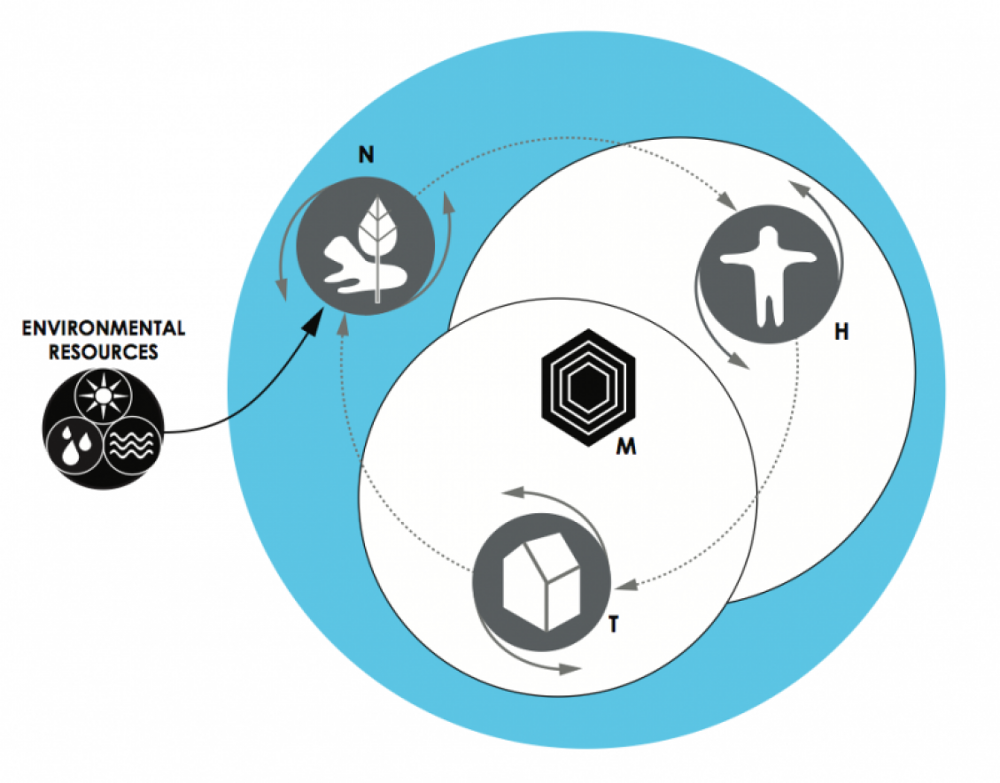The Center for Environmental Building Design
The Center for Environmental Building & Design is a faculty research unit at the School of Design dedicated to improving the environmental future of contemporary buildings and cities. We must look beyond building efficiency standards and net-zero formulations to design truly resilient buildings and cities. Over the coming century we must use the knowledge, technologies, and expectations of the twenty-first- century metropolis to return to the renewable resource base of pre-industrial economies. The challenges of environmental design occur at multiple, interacting scales and can only be approached systemically, so the CEBD works in interdisciplinary teams on projects at a range of scales.
- Building products and components, such as responsive building skins, advanced glass.
- Building performance & design, including energy, daylighting and air flow analysis, new materials and methods of construction, and management strategies for large collections of buildings.
- Urban and Regional assessment, land use strategies, resource allocation, and decision making for resilient development.
The Center for Environmental Building and Design is organically aligned with programs in the school, from which faculty, graduate research assistants, and full-time research associates and post-docs are drawn. The work occurs in multiple levels of activity.
- Research and consulting projects
- Publication of findings in journal articles, books, and other media
- Education in formal degree programs and through public symposia and workshops
The CEBD is directed by Dr. William W. Braham, Professor of Architecture, who also serves as Director of the Master of Environmental Building Design. He has worked on energy and architecture for over 30 years as a designer, consultant, researcher, and author of many articles and books. He recently published Architecture and Systems Ecology: Thermodynamic Principles for Environmental Building Design, in three parts (2015). He has also co-edited Architecture and Energy: Performance and Style (2013) and Energy Accounts: Architectural Representations of Energy, Climate, and the Future (2016).
*formerly the TC Chan Center for Building Simulation and Energy Studies
William Braham


